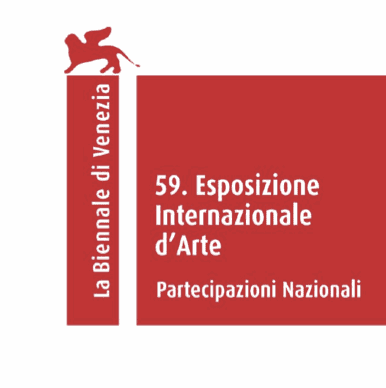10.00 am - 6.00 pm
‘Greenhouse’, the collective project by artist-curators Mónica de Miranda, Sónia Vaz Borges and Vânia Gala, will represent Portugal at the 60th International Art Exhibition – La Biennale di Venezia, 20 April – 24 November 2024.
The artists will create a ‘Creole garden’ in Palazzo Franchetti, referencing private plots tended by enslaved people as acts of resistance and survival – an antithesis of the monocultural plantation. Densely planted and richly biodiverse, the ‘Creole garden’ fosters a discursive space of liberation, possibility and multiplicity Created by artists from different backgrounds – visual art, history, and choreography – the project will enact a philosophy of participation, collaboration and interdisciplinary solidarity. Connecting ideas of ecology, decolonisation, diaspora and migration, the artist-curators will construct a garden of plants native to African countries, which will grow in the palace’s main hall throughout the exhibition period. The project proposes soil as a vector of decolonial and ecological engagement, capable of both sustaining growth, as well as archiving traces of historical violence, connecting past, present and future, the politics of the land, history, body and identity. The garden will stage a sound installation, sculptures, dance/performance, workshops and participatory events. Together, these components will create a transdisciplinary space of experimentation, encounter and collective possibility. ‘Greenhouse’ will be grounded in four actions: Garden (Installation, Space, Time); Living Archive (Sound, Movement, Performance), School (Education, History, Revolution); Assemblies (Public, Communities and Publication). ‘Greenhouse’ marks two anniversaries: the centenary of Amílcar Cabral (1924–73), a Bissau-Guinean anticolonial leader and
agronomist crucial to the country’s independence in 1973, and the 50th anniversary of the Carnation Revolution which deposed Portugal’s dictatorship on 25 April 1974. Emphasising the composite histories and identities that emerged from colonialism and the liberation struggles, ‘Greenhouse’ proposes actions that enact radical and decolonial solidarities, and challenge monocultural norms of nation, knowledge, and agriculture.
The Pavilion unfixes hierarchical conventions, encouraging fluid modes of artistic production grounded not in binaries of theory and practice, artist and curator, but in their interconnection. The project transforms the exhibition space into a space for action and dialogue. Rather than a static experience, it proposes the creation of a ‘living archive’. The garden will be activated across the exhibition period, becoming a place of collective action and care, of multiple possibilities and pedagogy. Conceived for the first time by three women, the Portugal Pavilion proposes the emergence of various choreographies based on encounters and collaborations between public, communities and artists, in resonance with the theme of the Biennale Arte 2024, Stranieri Ovunque – Foreigners Everywhere.
Moreover, ‘Greenhouse’ develops a public program of assemblies with invited guest curators and artists from Angola, Benin, Brazil, Cabo Verde, Chile, France, Nigeria, United States and Saudi Arabia fostering critical thinking through collective participation and interaction. The Official Portuguese Representation at the 60th International Art Exhibition – La Biennale di Venezia 2024 is commissioned by the Directorate-General for the Arts (DGARTES).

